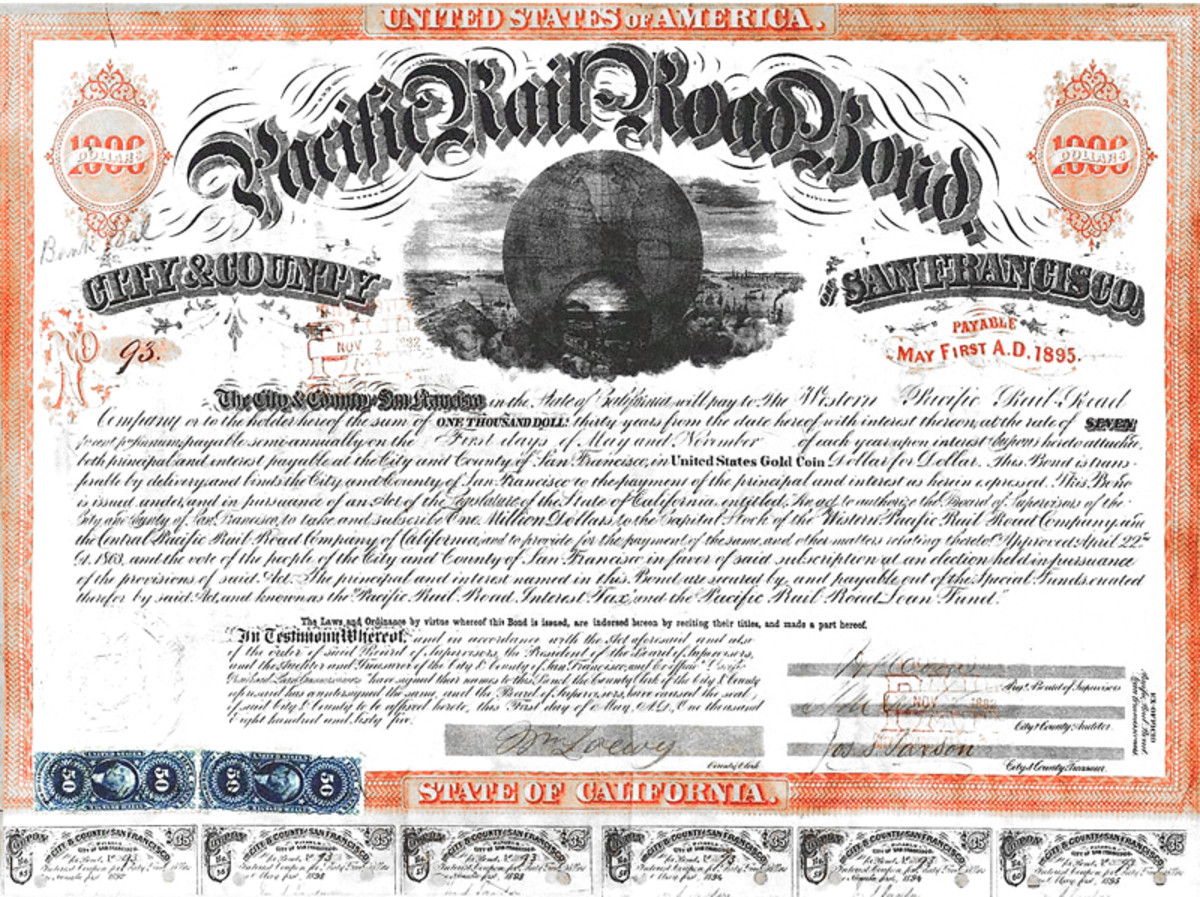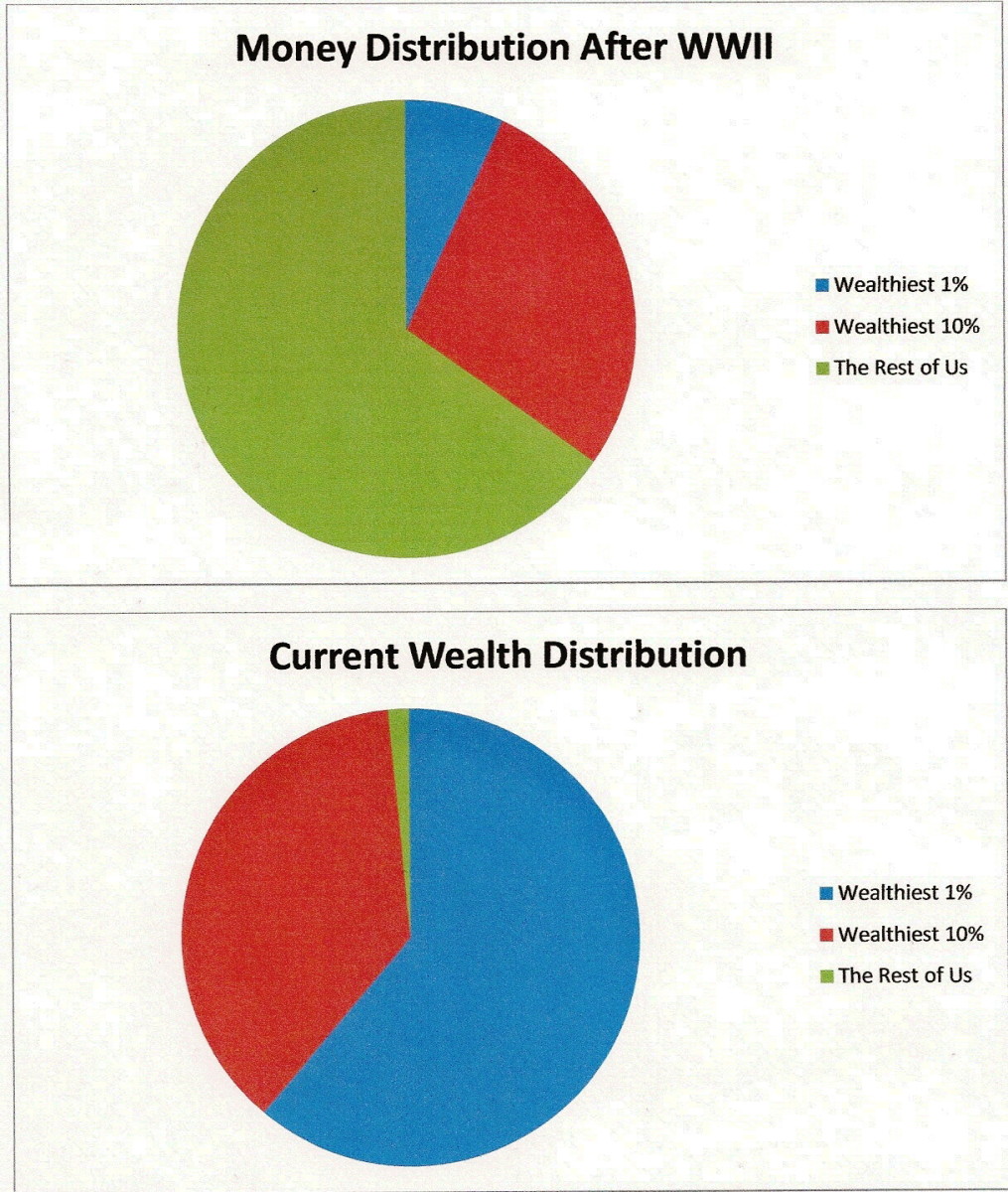What is the Difference Between Treasury Bills Notes and Bonds?
Investing in U.S. treasury bills, bonds, and notes
Many people who have saved up some money, and want to invest in a low risk investment will consider U.S. Treasuries.
Similarities between bills, bonds and notes
Before we compare the differences between these three types of securities, let's talk about what they have in common.
- They can be bought by individuals and various types of entities including trusts, estates, corporations, and partnerships.
- They are backed by the U.S. government, and are sold in $100 denominations.
- They are easy to buy and easy to sell. They are exempt from state and local taxes, although they are subject to federal taxes.
- They have a fixed rate and a fixed maturity date.
- You can buy them directly from the government or on the secondary market through your broker.

Differences between bills, notes, and bonds
The main difference between these investments is the length of time before each investment matures, and how interest is paid on them.
U. S. Treasury Bills
Treasury bills are short-term government securities with maturities ranging from a few days to 52 weeks. T-bills, as they are frequently called, are sold in Treasury bills are issued for terms of 4, 13, 26, and 52 weeks. They are sold at an auction that takes place every Thursday. It is at the auction that the price is determined.
Bills are sold at a discount from their face value. You may pay $980 for a $1,000 T-bill, and receive the face value of $1,000 at maturity. The difference between the purchase price and the face value is the interest.
There are also special T-bills that are sold when necessary for cash management that are not sold on a regular schedule.
T-bills are a good short term, secure investment. They also work well to help diversify an investment portfolio. They are not as liquid as money market accounts, but if you can keep your money invested for a longer period of time, you can generally get a better interest rate. When investing, compare the rates on T-bills with the rates on Certificates of Deposit (CD). An extra bonus is that there is no penalty for selling your T-bill early, like there is with a CD, although the price you receive will be subject to market conditions at the time. If interest rates have gone up since you bought your investment, the market value will be lower on the T-bill.
Even though the government is only issuing bills that mature in 4, 13, 26, and 52 weeks, you can generally find T-Bills that mature on any Thursday on the secondary market.

U. S. Treasury Notes
Treasury notes are government securities are intermediate term securities, since they are issued with maturities of 2, 3, 5, 7, and 10 years. They are sold at face value and the interest rate gets determined at the Thursday auction. These securities pay interest every six months.
These securities can also be purchased from the secondary market through a broker. This means that you can purchase a T-Note that matures in a time period that works best for you. For example, if you want a T-Note that matures in 4 years, even though the government isn't issuing those, you will likely find someone who is willing to sell a 5 year note that they bought a year ago. Since the interest rate is fixed, it is the price of the security that will go up and down depending on market conditions. Even though you will pay more or less for your $1,000 note, you will still get $1,000 at maturity.
You can hold T-Notes until maturity, and receive the face value then, but if you need the money earlier, you can sell them through your broker.
These securities work well to finance a college education, diversify your portfolio, or supplement a retirement income.
U. S. Treasury Bonds
Treasury bonds are long term investments, since they mature in 30 years. They pay interest semiannually. They are good investments to diversify an investment portfolio, or save for a young child's college expenses. They also work well to provide a safe and stable retirement income.
Like T-Notes, you buy these at face value, and receive the fixed interest semiannually. Also like the rest of the securities, you can buy them on the secondary market, so you will be able to find Treasury bonds that mature in less than 30 years. You can hold them until maturity or sell them on the secondary market.
Comparison of U. S. Treasury Bills, Notes, and Bonds
Purchase price
| Interest Paid
| Maturity Date
| |
|---|---|---|---|
U.S. Treasury Bills
| bought at a discount
| at maturity
| 4, 13, 26, and 52 weeks
|
U. S. Treasury Notes
| bought at face value
| semiannually
| 2, 3, 5, 7, and 10 years
|
U. S. Treasury Bonds
| bought at face value
| semiannually
| 30 years
|
How to Buy Treasuries
These securities can be purchased directly from the government at TreasuryDirect. They can also be bought and sold on the secondary market through your broker. Please note that when you buy these on the secondary market, the price you pay for the securities will not be the face value, since market prices will influence their value. As stated above, even though you will pay more or less for your $1,000 T-bond on the secondary market, you will receive $1,000 at maturity. Your purchase will be recorded electronically, and certificates will not be issued.
U.S. Treasury Securities
These investments are a safe and secure investment for people who would prefer a low-risk way to put away their money. They tend to be less volatile than other investments, since the principal is guaranteed. Since the interest rate is fixed, the value of these securities will vary depending on current market conditions. They are easy to buy and sell on the open market, and are a valuable addition to a diversified investment portfolio.









